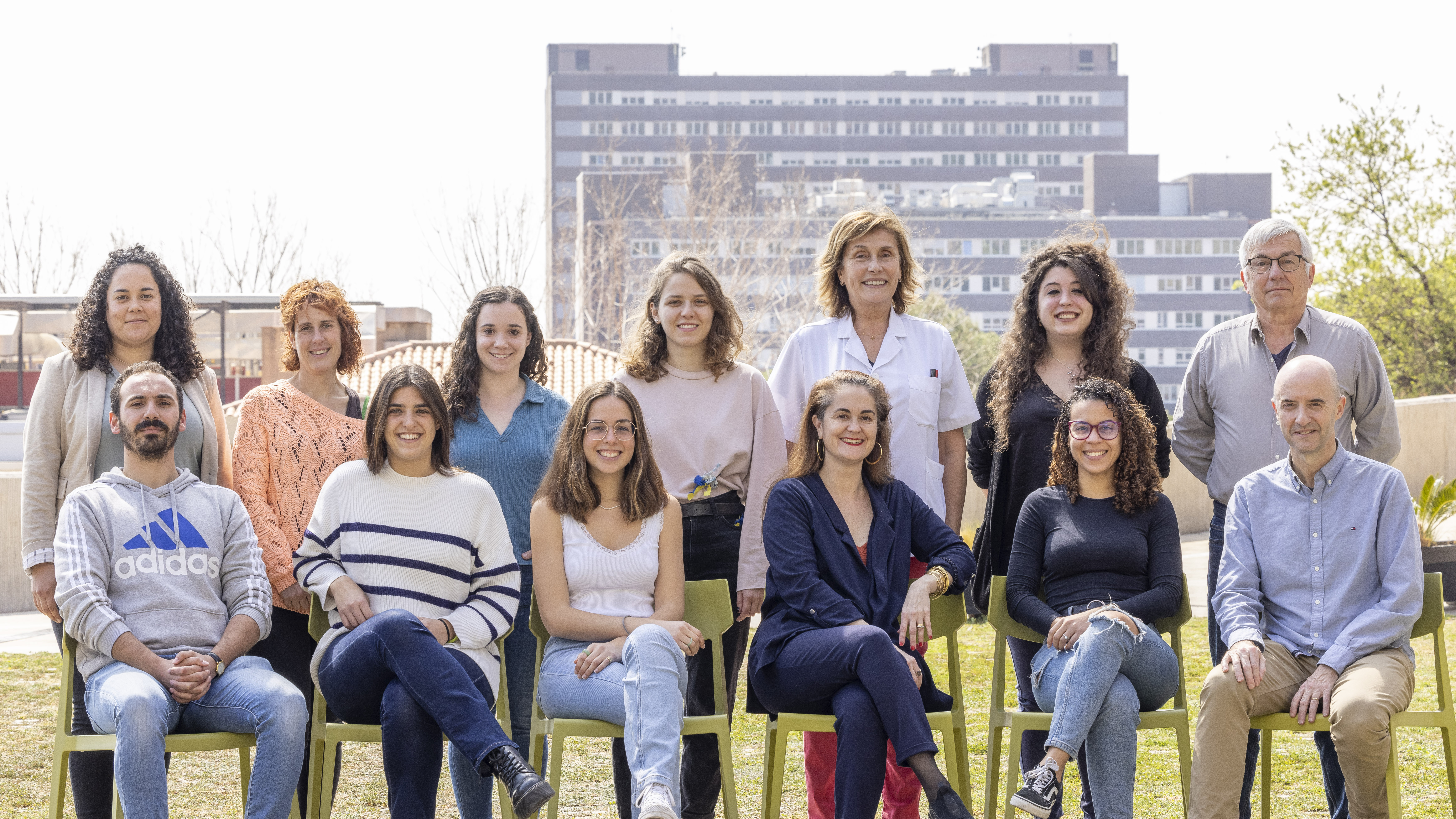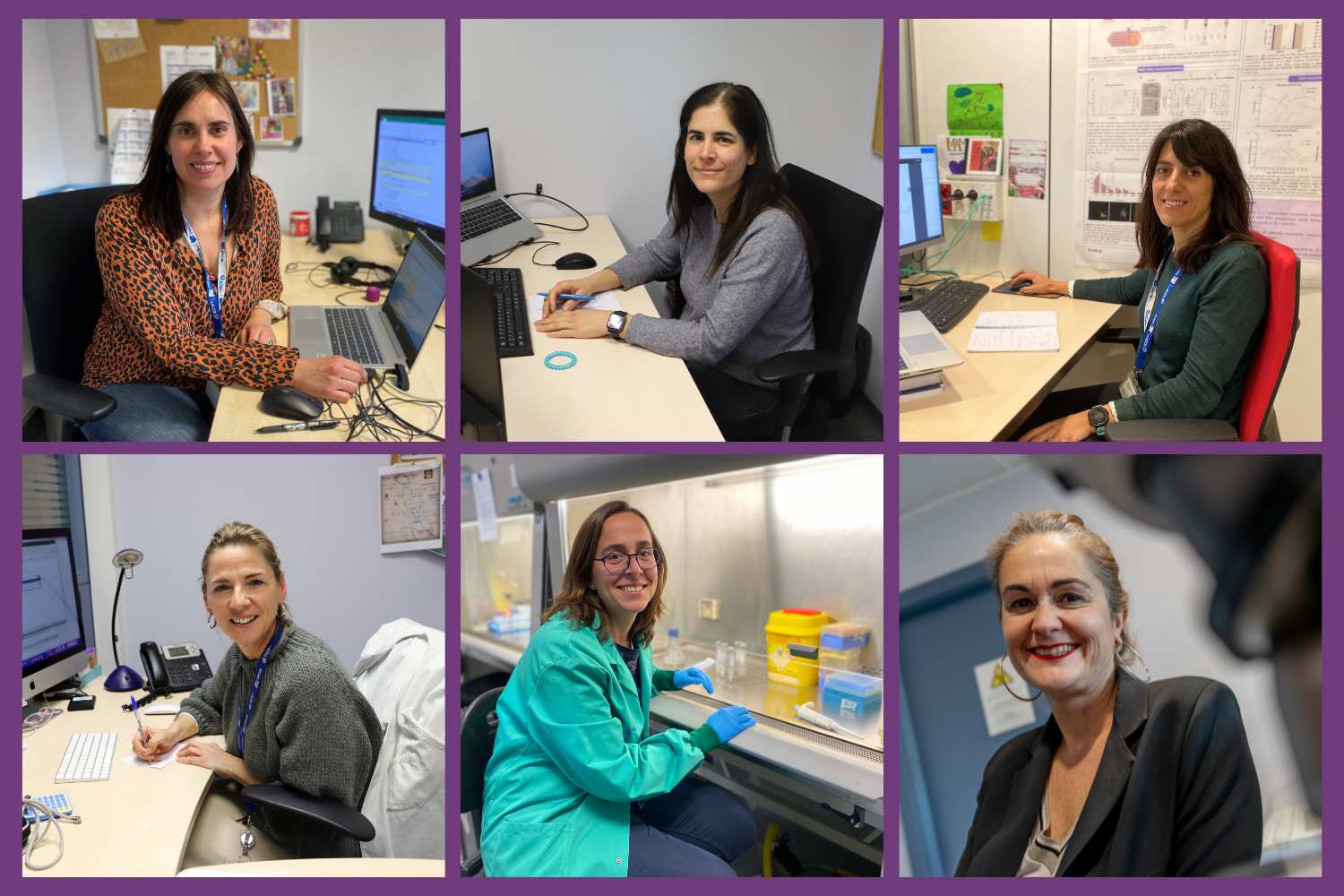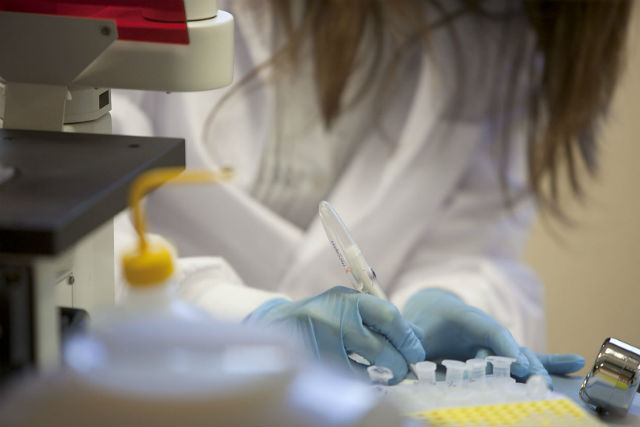IGTP in 2025: 12 selected news stories
We look back at the year's most significant news stories, showcasing the dedication and collaboration that define IGTP.


At the IGTP TODAY
We look back at the year's most significant news stories, showcasing the dedication and collaboration that define IGTP.

Researchers from the Experimental Tuberculosis Unit (UTE) at the IGTP and the Germans Trias i Pujol University Hospital have published a study in Nature Communications in which, for the first time, the transcriptomic profile of human tuberculosis lung lesions is correlated with clinical data from the same patients.

Researchers from IGTP took part in the third edition of "Ciència al carrer: Fira d'ESO amb mirada STEAM", a science outreach event that gathered around 600 students from 14 schools and secondary schools outside the Espai Betúlia in Badalona.

The SMA-TB project, an initiative coordinated by the Experimental Tuberculosis Unit (UTE) at IGTP and funded by the European Commission's H2020 programme, has reached its conclusion after five years of research aimed at improving tuberculosis treatments.

Several researchers from IGTP took part in this year's European Researchers' Night in Barcelona. They shared their passion for science through talks and led participants of a workshop via a board game into the midst of a tuberculosis epidemic.

Researchers from IGTP have taken part in the 2nd Street Science Fair of ESO with a STEAM focus, Together with students from eight secondary schools and other research centres and companies, they have showed scientific concepts to fifth-grade students in Badalona through various workshops.

A study led by researchers from IGTP, in collaboration with health economics experts from Can Ruti, UPF, and Agència de Salut Pública de Barcelona, offers new recommendations for optimising tuberculosis screening programmes in low-incidence countries. Published in the journal Eurosurveillance, this work reviews various studies to determine if these programmes targeting higher-risk groups are economically effective.

To commemorate International Women's Day, we asked four questions to researchers from various profiles at IGTP and professionals from different research support areas. The aim is to understand the difficulties they have faced as women in their professional field and to gain insight into their perspectives on the future.

On 7 February, "#100tífiques" returned for its sixth edition, a macro-event that has become a benchmark for advocacy within the Catalan female research community and schools. Expanding on last year's participant numbers, thirteen scientists from IGTP took part in this event.

The European Commission has granted two projects to the IGTP within the HORIZON programme, which add up to a total of 1,670,346 euros in funding and deal with the preclinical development of immunotherapies.
